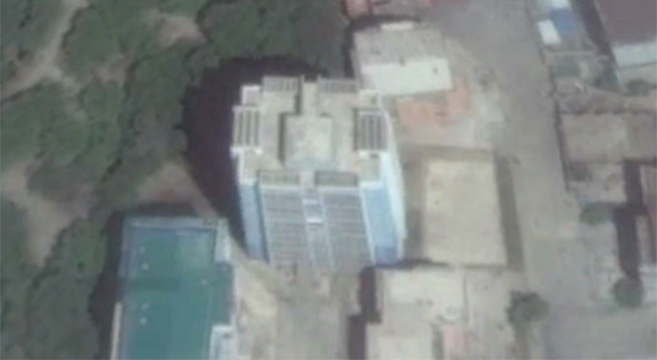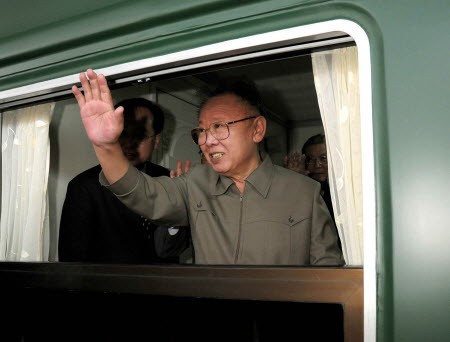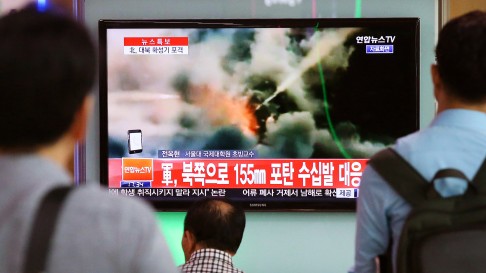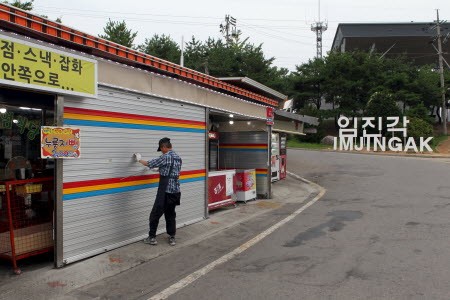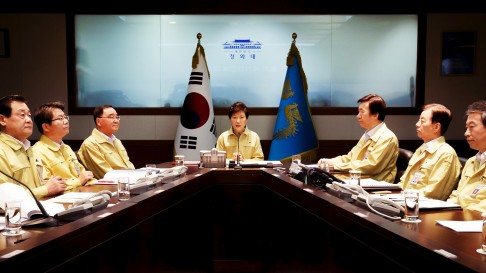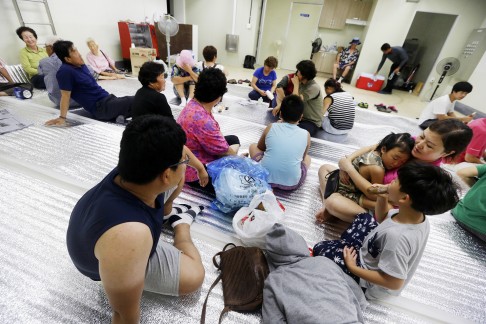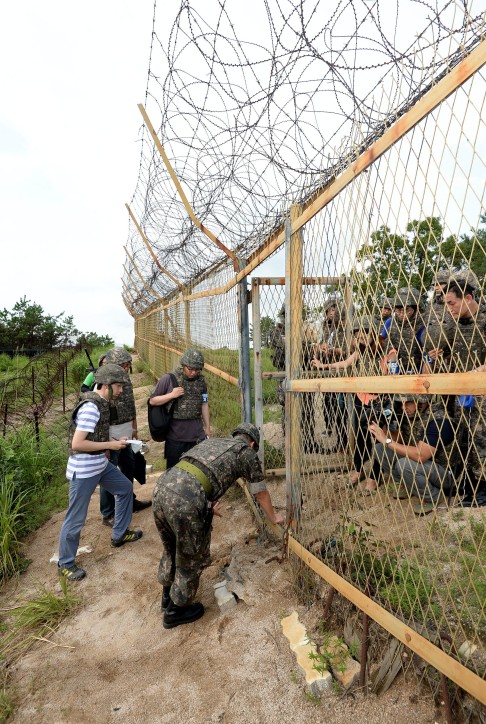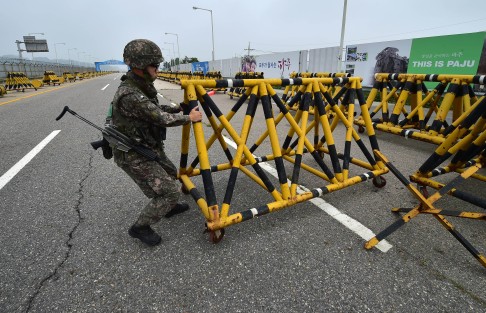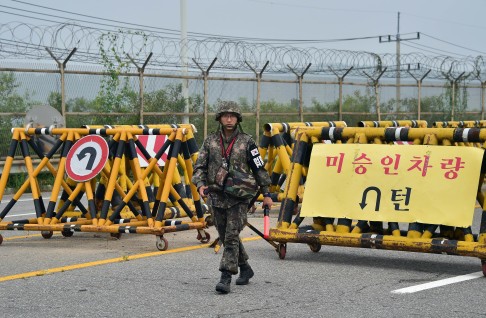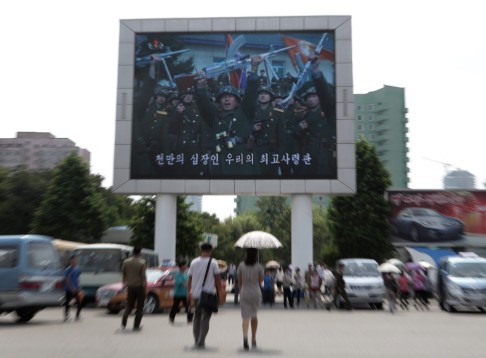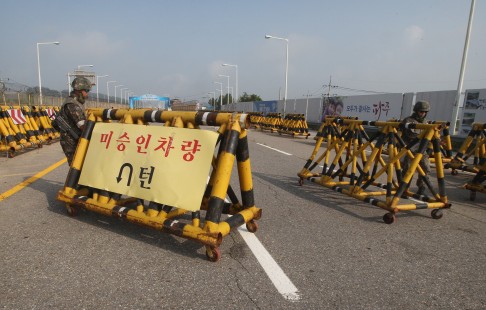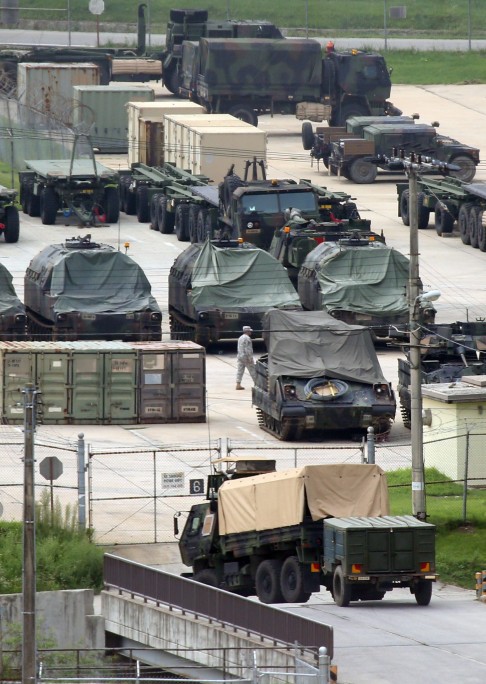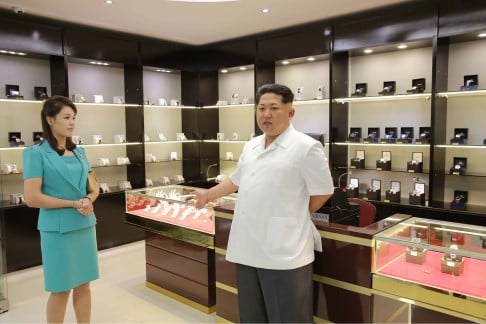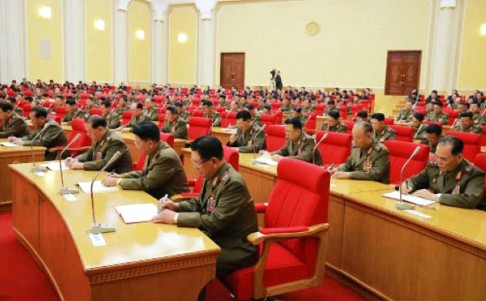Protests increase for 'legitimate right' to sell
Choi Song Min; Kang Mi Jin | 2015-07-21 09:35
Occurrences of both individual and group protests by North Korean residents against Ministry of People’s Security [MPS] officials threatening their right to economic activities continues to grow in frequency, Daily NK has learned.
Clampdowns on markets have mitigated exponentially since the onset of the Kim Jong Un era, which has led to vitalization of market activities. Unlike in the past, the citizens are adamantly protesting against the remaining regulations on market activities. They believe more strongly than ever that the authorities should not crack down on business activities—indispensable for people to be financially independent and self-reliant in a system where state rations have long been absent.
Daily NK’s local sources across a number of regions, including North and South Pyongan Provinces and North and South Hamkyung Provinces, have reported that continually ebbing market crackdowns and regulations report that residents increasingly view forays into the business sector as their “legitimate right” and “refuse to sit idly by and watch MPS agents try to take these rights away.”
During Kim Jong Il’s era, the majority of North Korea’s population understood market activities-- no matter the purpose behind them-- as an illegal arena, rendering collective protests a rare, if ever, occurrence. The current climate, in which state propaganda has repeatedly called for a more self-sufficient population, breeds even more residents keen to serve as economic actors. This, according to our sources, all but ensures further and more frequent backlash against attempts by the state to hamper market endeavors.
A source in North Hamkyung Province weighed in on these developments through a phone call with Daily NK on July 14th, saying, “There was a recent case in Hamhung wherein MPS and merchants got into a major skirmish after the agents tried to regulate their actions. By now, tussles and confrontation between MPS agents and vendors have become common news.”
She added that the authorities have no justifiable grounds for clamping down on business endeavors when they are incapable of allocating provisions to the population. “If they were to shutter the markets or implement stricter regulations at this point in time, every citizen would rise up [in protest],” she asserted.
Citizens are not alone in sharing these sentiments--most authorities feel that crackdowns or regulations on the markets are gratuitous, if not futile, given how developed and widespread the jangmadang [market] system is.
Not only that, on the same day, an additional source in the same province reported a recent riot targeting MPS agents at Chongjin’s Sunam Market. The skirmish ignited when an agent arbitrarily targeted a male merchant in his 60s for the old middle-school textbooks mixed in with the secondhand books he was hawking at his stall.
When the books were confiscated he shouted, “What does the state give us? We don’t get rations or wages. If I got even one of those two things I wouldn’t be here doing this!” according to the source.
Moreover, “Passersby and merchants alike near the scene quickly stepped up to take the old man’s side, wasting no time in berating the MPS officials by shouting, ‘What’s wrong with what he said? Of course we’ve taken to market life--we’re hungry! We have to make ends meet! Why would be put ourselves through arduous work like this if we could be full and rich like you. Those who are full can’t grasp the hunger of others,” he explained.
Others at the scene chimed in, shouting, “Not even being able sell things without worrying--that’s too suffocating a reality,” according to the source, who added that this micro incident is directly reflective of a macro issue of citizens’ frustration regarding the authorities.
The agent, visibly overwhelmed by the outcries, tried to defend himself, shouting, “It’s not my fault that the state is not giving you rations. Go take your complaints to the district office,” according to the source, who said that he fled directly thereafter, during which citizens yelled after him, “ You’re all the same--living off the money of those struggling to get by!”
He added, “The MPS agent took off in a flash before the altercation could escalate further. Still, the tension hung heavy in the air long after his departure and a lot of the residents on the scene said that it helped them get [suppressed feelings] off their chests.”
Meanwhile, as previously reported by Daily NK, these latest trends come close on the heels of a riot between security agents and vendors in Musan Market and a tragic incident wherein a rice vendor threw herself off a cliff in defiance of a corrupt MPS official.
*The content of this article was broadcast to the North Korean people via Unification Media Group.
*Translated by Jihae Lee

